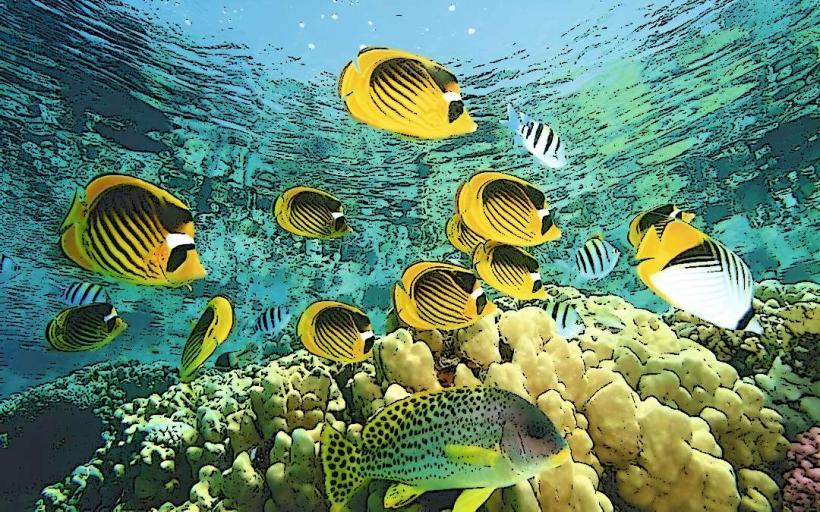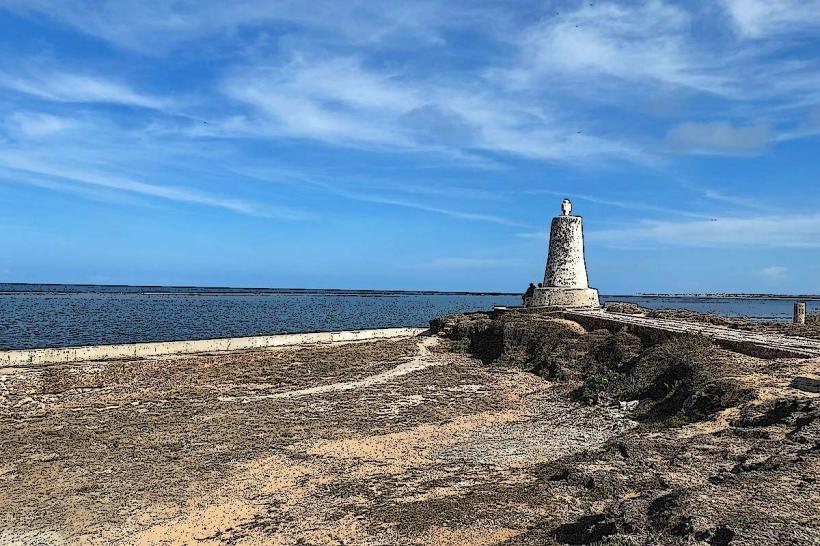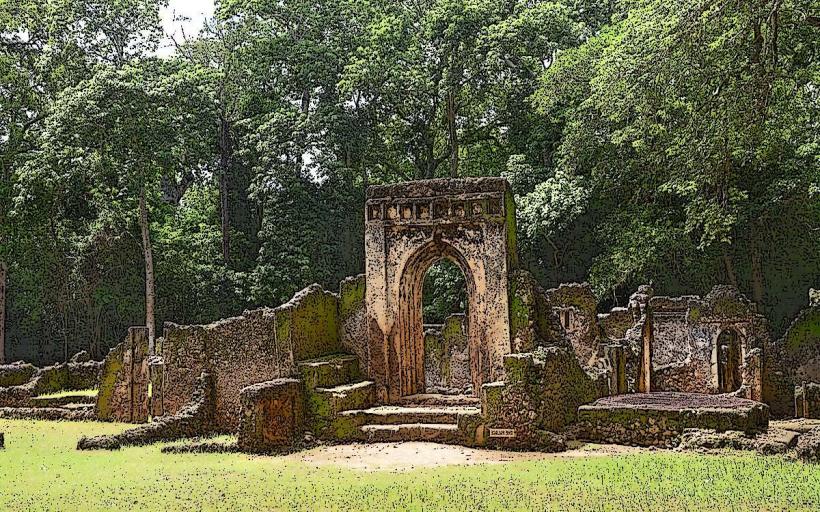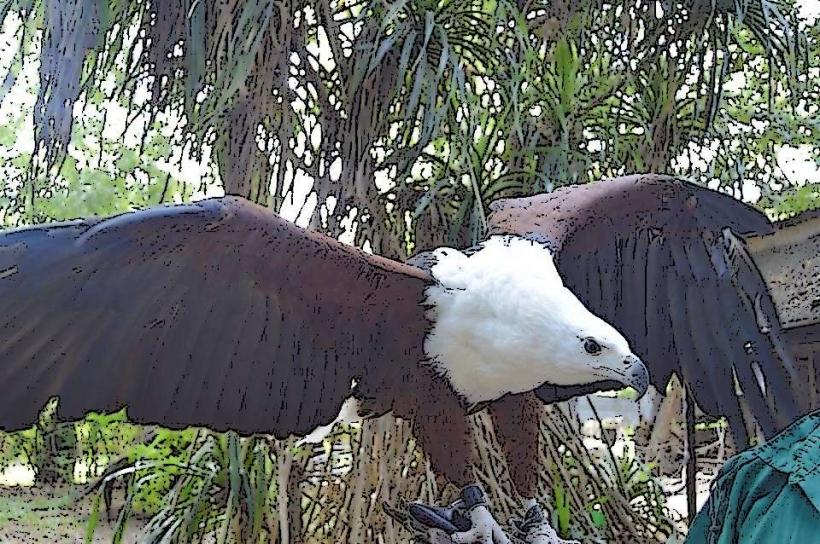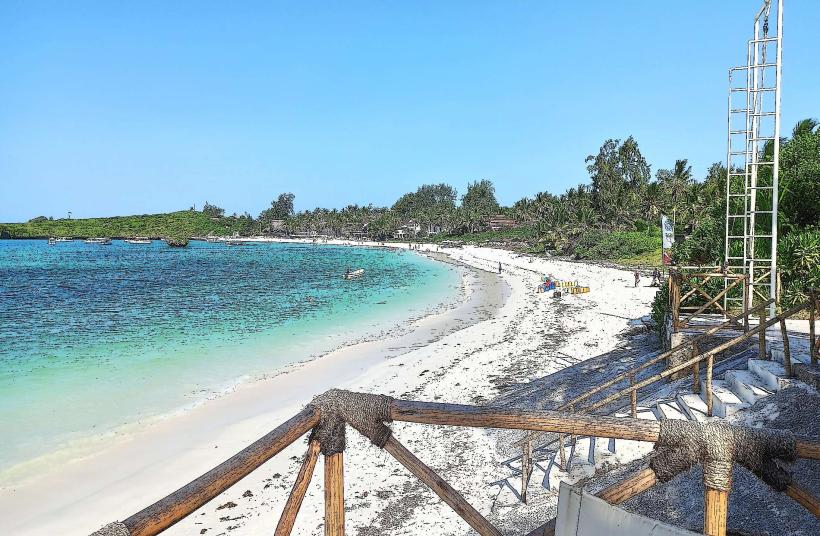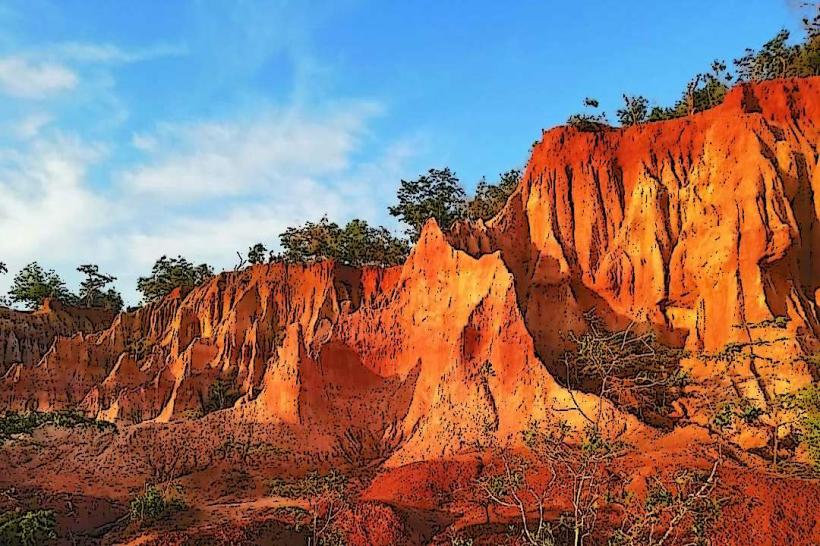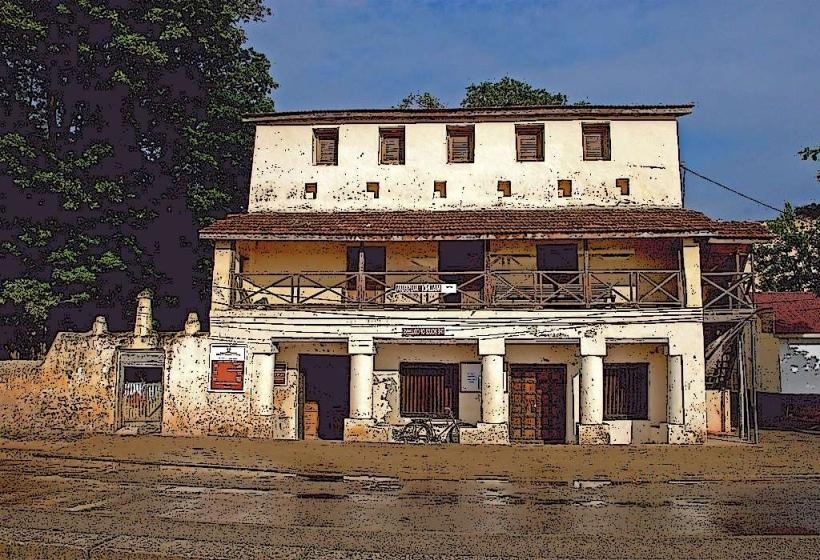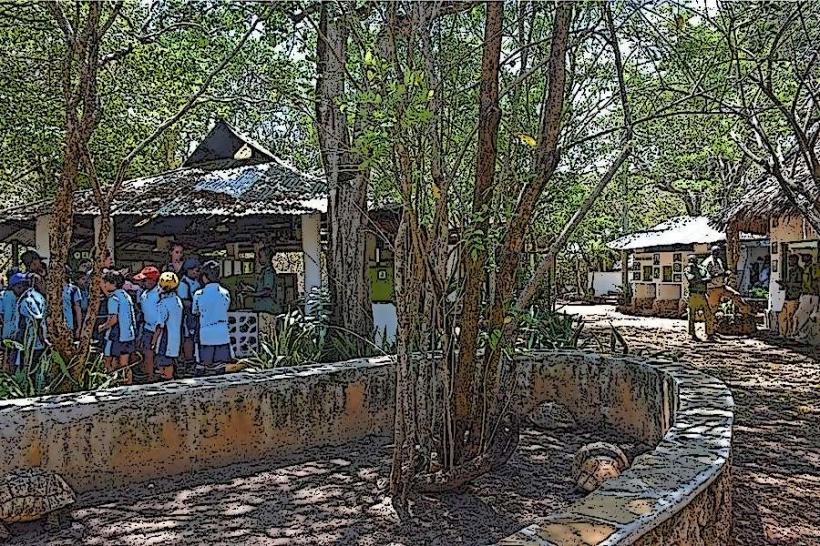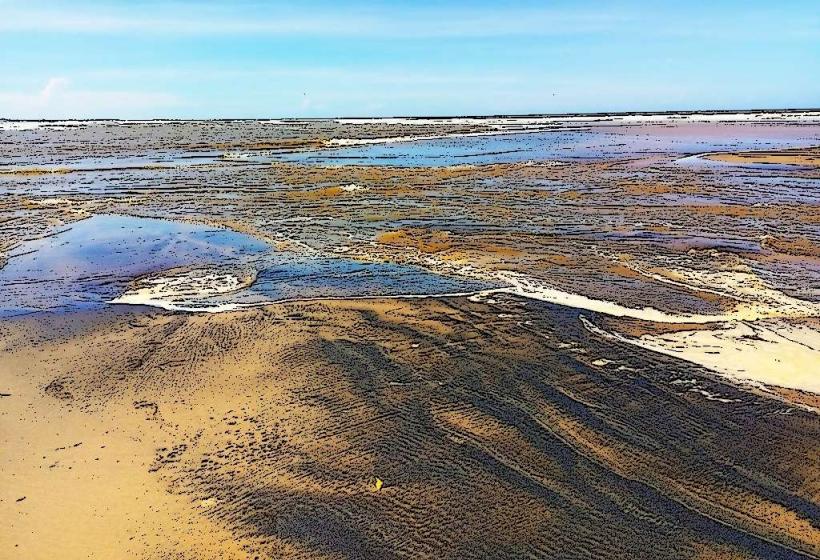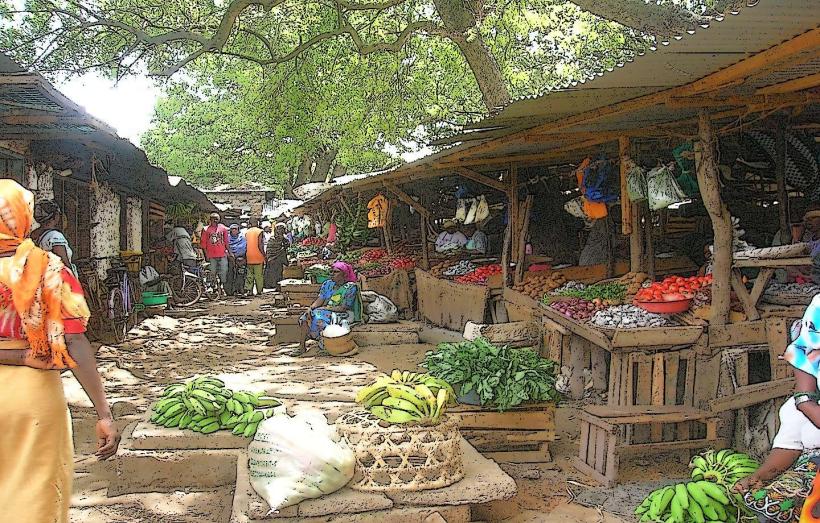Information
City: MalindiCountry: Kenya
Continent: Africa
Malindi, Kenya, Africa
Malindi is a coastal town located in southeastern Kenya, along the Indian Ocean, approximately 120 kilometers (75 miles) northeast of Mombasa. It is one of Kenya’s oldest towns, with a rich history that dates back centuries. Malindi is known for its stunning beaches, vibrant marine life, historical significance, and growing tourism industry. It is a popular destination for both local and international tourists seeking a combination of beach resorts, cultural experiences, and natural beauty.
Geography and Climate
Malindi lies at an altitude of about 2 meters (6.6 feet) above sea level and enjoys a tropical climate. The town experiences hot, humid conditions for most of the year, with temperatures typically ranging from 24°C to 32°C (75°F to 90°F). Malindi has two main rainy seasons: the long rains (from March to May) and the short rains (from October to December). The rest of the year is typically sunny and dry, making it a year-round destination for beachgoers and tourists.
Malindi's coastline features beautiful sandy beaches, coral reefs, and shallow waters, making it a great location for water-based activities like swimming, snorkeling, and diving. The Indian Ocean, with its rich marine biodiversity, is a major attraction for tourists visiting the region.
Economy
Malindi’s economy is predominantly driven by tourism, agriculture, and fishing. As one of Kenya’s most popular tourist destinations, Malindi benefits from a steady influx of both international and local visitors, especially during the peak tourist seasons. The town offers a variety of accommodation options, ranging from budget hotels to luxury resorts, which cater to different types of tourists.
Agriculture also plays an important role in Malindi’s economy, with the fertile land in the surrounding areas used for growing crops such as coconuts, cashew nuts, fruits, and vegetables. The region is also known for its spice farms, which produce a variety of local spices for export.
Fishing is another key economic activity in Malindi, with the town being home to a significant fishing industry. The rich marine life in the Indian Ocean provides a steady supply of fish, and Malindi’s port is used for both commercial and artisanal fishing.
Transportation
Malindi is well connected to the rest of Kenya by road, rail, and air. The main road from Mombasa leads to Malindi, with a journey time of around 2 to 3 hours. Public transport in Malindi is provided by matatus (shared minivans) and buses, which connect the town to major cities like Mombasa and Nairobi.
Malindi is served by Malindi Airport, a small international airport that handles both domestic and international flights. The airport provides direct connections to Nairobi, Mombasa, and other regional destinations. There are also flights connecting Malindi to popular tourist spots like Zanzibar and Mauritius, making the town accessible to international tourists.
Demographics
Malindi has a diverse population, with a mix of ethnic groups, including the Swahili, Mijikenda, and other coastal communities. The Swahili people, in particular, have a significant cultural and historical influence on the town, as they are the indigenous coastal people of Kenya. There is also a notable expatriate community in Malindi, including Italians, who have been attracted to the town due to its favorable climate, beautiful beaches, and growing tourism sector.
Malindi's population has been steadily increasing as the town grows in importance as a tourist destination and residential area for both locals and foreigners. The population also swells during peak tourist seasons when visitors from around the world flock to the coastal town.
Education
Malindi is home to a number of educational institutions, including primary and secondary schools, both public and private. These schools offer a range of curricula, and there is a growing emphasis on improving education in the region to cater to the town's expanding population.
In terms of higher education, Malindi does not have a major university, but students often travel to Mombasa or Nairobi to attend universities. The town does have several vocational training centers and colleges that focus on tourism, hospitality, and technical courses, which are relevant to the local economy.
Healthcare
Malindi has a number of healthcare facilities, both public and private. The Malindi Sub-County Hospital is the main public health facility in the town, offering general medical services and specialized care. The town also has several private clinics and health centers that cater to the needs of both locals and tourists.
While healthcare services are available, Malindi, like many towns in Kenya, faces challenges related to the availability of specialized medical care and the strain on resources due to population growth and tourism. However, the local government and private sector continue to invest in healthcare infrastructure to improve services in the area.
Social and Cultural Life
Malindi is a vibrant town with a rich cultural heritage. Its history as a Swahili coastal town is evident in the local architecture, language, and customs. Swahili is widely spoken, and the town’s culture is influenced by centuries of trade, particularly with Arabs, Persians, Portuguese, and later, the British. Malindi's diverse history is reflected in its festivals, music, dance, and cuisine, making it a culturally rich destination for visitors.
The town is known for its relaxed pace of life, which attracts both tourists and expatriates looking for a peaceful environment. The coastal lifestyle is a major draw, with the warm climate, beautiful beaches, and fresh seafood being central to daily life. Malindi also has a vibrant arts scene, with local crafts, paintings, and sculptures available in markets and galleries.
Tourism
Tourism is the backbone of Malindi’s economy, and the town offers a variety of attractions for visitors. The town’s beautiful beaches are a major draw, with popular beaches like Silversands Beach and Tuskers Beach offering opportunities for swimming, sunbathing, and water sports.
The region is also known for its rich marine life, and it is a popular spot for diving, snorkeling, and fishing. The Malindi Marine National Park is a popular destination for divers, featuring coral reefs, shipwrecks, and a variety of marine species, including dolphins, turtles, and a wide range of fish.
Malindi is also close to several national parks and reserves, including Tsavo East National Park, Watamu Marine National Park, and the Arabuko-Sokoke Forest. These parks offer safari opportunities, birdwatching, hiking, and wildlife viewing, and they attract nature lovers and adventure tourists.
Cultural tourism is another growing sector, with visitors exploring the town’s Swahili heritage and history. The Malindi Museum is housed in a former Portuguese church and offers insights into the town's colonial and Swahili history. Additionally, visitors can explore the old Gedi Ruins, the remains of a Swahili town that dates back to the 12th century.
Challenges and Development
Despite its growth and success in tourism, Malindi faces several challenges, particularly in areas related to infrastructure, waste management, and access to quality healthcare and education. The rapid growth of the tourism industry has put pressure on the town's resources, and there is a need for continued investment in infrastructure to ensure that Malindi remains an attractive destination.
Environmental issues, such as coral reef degradation and coastal erosion, are also concerns for the town. However, efforts are being made to address these challenges through conservation programs, sustainable tourism practices, and infrastructure development.
Conclusion
Malindi is a beautiful and culturally rich town that offers a unique blend of coastal charm, historical significance, and modern tourism infrastructure. Its stunning beaches, marine life, and proximity to national parks and reserves make it one of Kenya’s premier tourist destinations. With its growing economy, vibrant cultural scene, and diverse population, Malindi is poised for continued growth and development, both as a tourist hub and a residential town.

